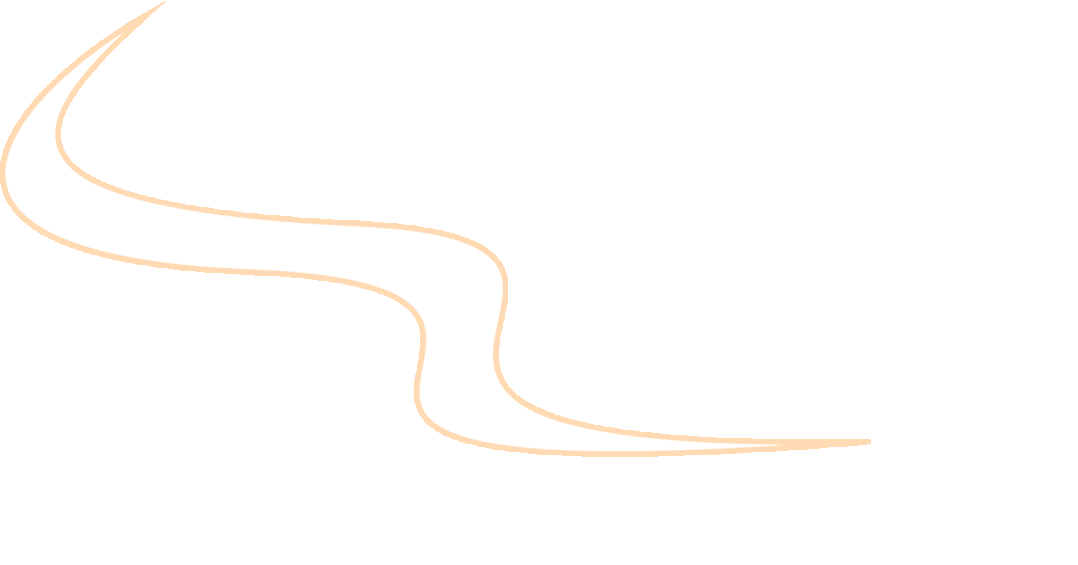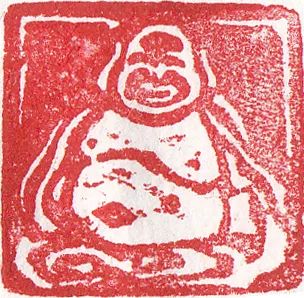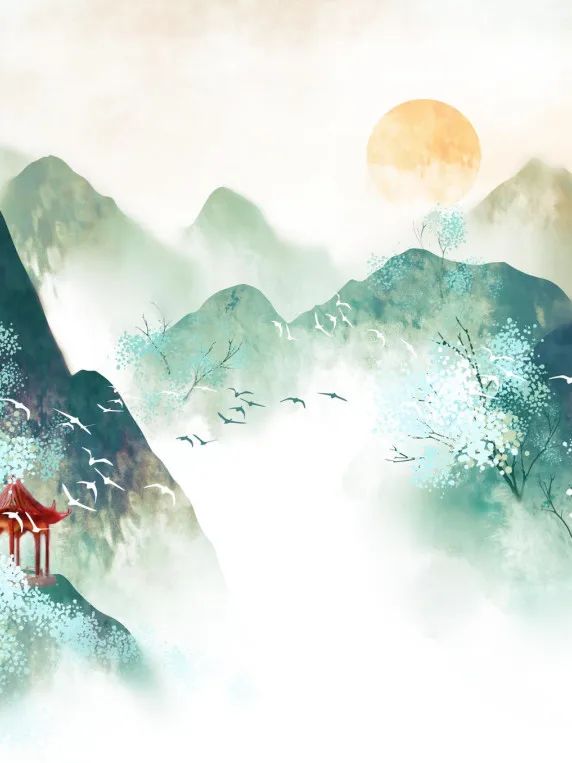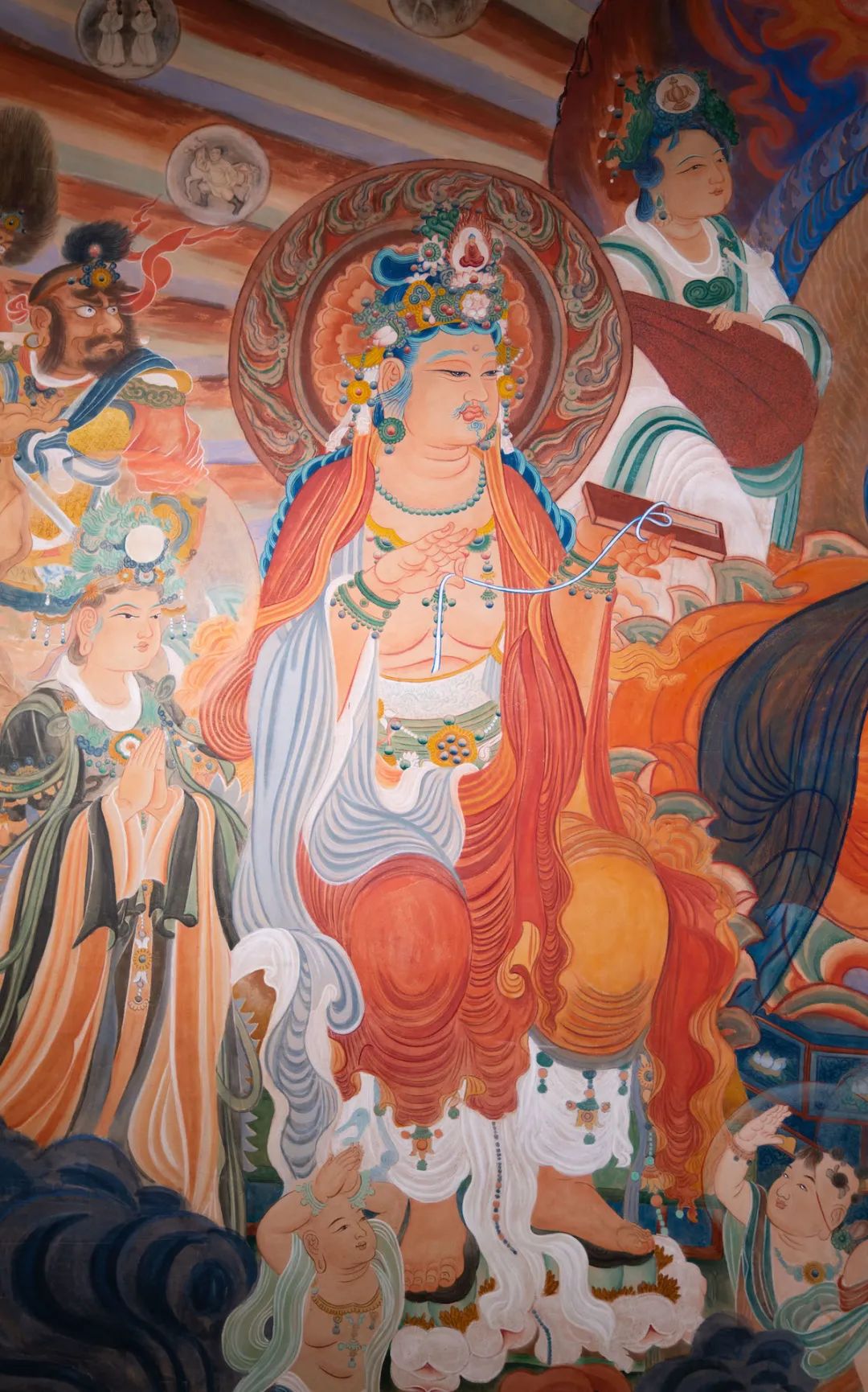好男儿,当有凌云之志~!
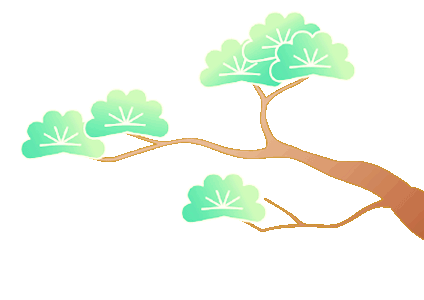

【文化释说 • 第五篇】
Men need
to aim for beyond the clouds
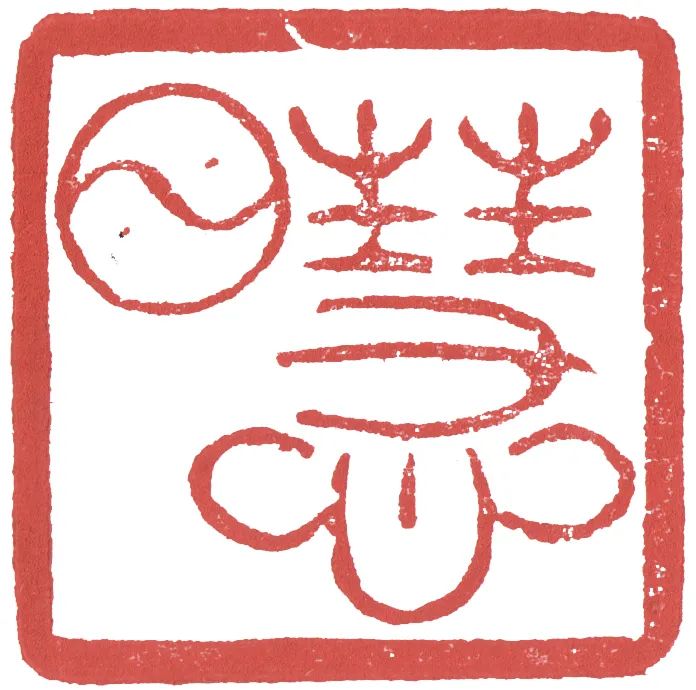
好男儿,当有凌云之志
( 5.4 下)






浩然之气


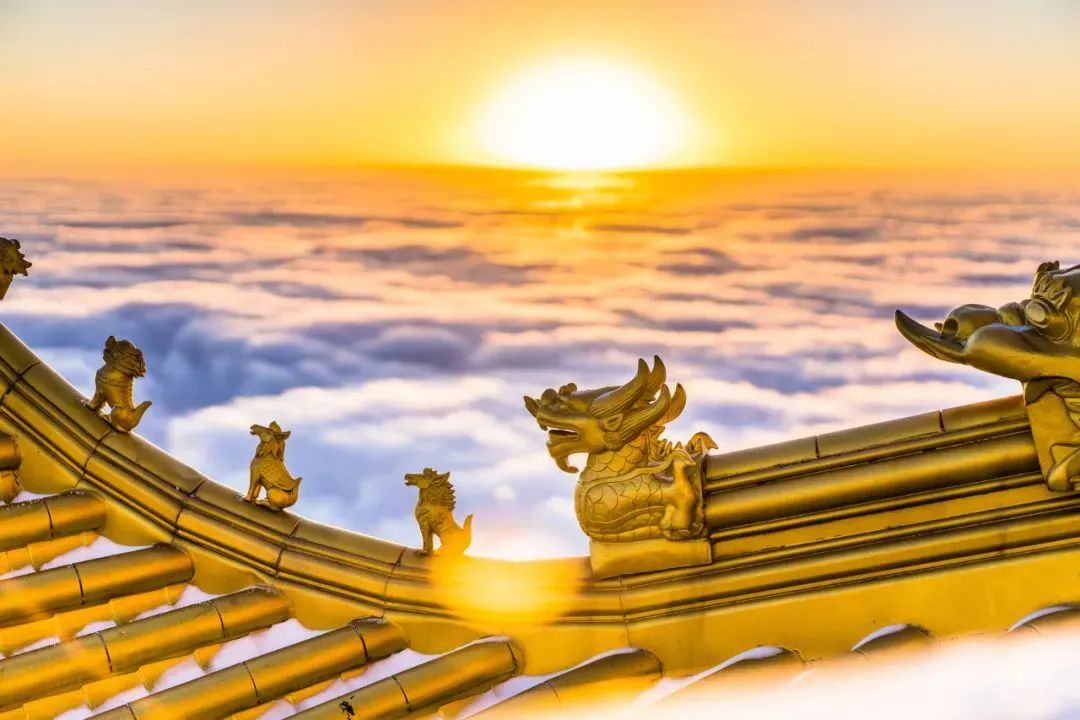
我们为人子女在人间应该怎么做? 从这个角度上, 我们没有资格伤害自己, 伤害自己的肉体和心灵。所以我觉得, 从今天开始, 我们要为自己的肉体负责, 为自己的心灵负责, 为我们自己的生命的未来负责。不仅要照顾好我自己, 还要能够帮助别人, 不但我的生命充满正能量, 我还要用正能量去帮助别人。
As our parents’ children, how are we to conduct ourselves? From such a perspective, we have not the right to harm ourselves, be it our physical body or our mind. Therefore, I feel that we have to assume responsibility for our body and mind, and the future of our life from today onwards. Not only do we need to take good care of ourselves, we also need to be able to help others; not only do we need to fill our lives with positive energy, we need to be able to use that energy to help other people.
在现在诸诚, 诸诚县诸祠村边上还有一个舜祠, 舜帝的祠, 这里的老百姓几千年流传的舜的一句话叫:“吾乐乐众乐乐。” 就是我自己要活出生命的正能量, 我还要让大家都获得生命的快乐, 在正能量当中, 不但造福自己, 还要造福大家。所以到孔老夫子总结出“己所不欲, 勿施于人”, 自己不喜欢的不要给别人。到宋朝的时候, 范仲淹在潍县青州做过知州, 他在《岳阳楼记》中写下千古名句:“先天下之忧而忧, 后天下之乐而乐。”
In present day Zhuci Village in Zhicheng County (in Shandong), there is still a shrine dedicated to Emperor Shun. There is a saying here by Shun which has been going around for a few thousand years: ‘I enjoy my happiness; everybody else theirs.’ This is for us to not only live our lives with positive energy, but to also let everyone else lead their lives positively so that they can attain happiness in life. We create blessings not only for ourselves, but for others as well. That was why Confucius taught that ‘we should not do unto others that which we do not wish others to do unto us’. We should not subject others to something to which we do not wish to be subjected. It was not until the Song Dynasty that, Fan Zhong-Yan, who was the magistrate of Qingzhong of the former county of Wei (in Shandong), wrote in the Memorial to Yue Yang Tower the eternally famous line: ‘Be worried for the world before everyone else; and be happy only when everyone in the world has become happy’.
范仲淹并没有去过岳阳楼, 只凭好友的一幅画, 依靠心中的想象写出了这篇名作。反过来, 你们比我有文化你们早就知道这句话“先天下之忧而忧”, 别人的忧即是我之忧啊,忧他人之忧,大家都快乐了我才快乐。忧乐之间, 心怀天下大众, 悲苦同命, 欢乐共生, 品格多么高远。佛教里有一句话:“地狱不空,誓不成佛;众生度尽,方成菩提。” 这是地藏菩萨的大愿, 这是一种感天动地的浩然之气。孟子曰:“吾善养吾浩然之气。”
Fan Zhong-Yan had not in fact visited Yue Yang Tower; he wrote this famous essay from his imagination after only having seen a painting of one of his friends. You should be more cultured than me and know this famous saying much earlier than I do. ‘Be worried for the world before everyone else’ – as the worries of others are mine, I am worried for them; and I can be happy only when everyone in the world is happy. Whether one is worried or happy, one keeps myriad beings in one’s heart; for one understands that we all share the same destiny whether in times of suffering or in times of happiness. How noble a character is that! There is a saying in Buddhism: ‘I shall attain Buddhahood only when there are no longer any beings in Hell; and I shall achieve Enlightenment only when all myriad beings have been brought to deliverance.’ This is the great aspiration of Bodhisattva Ksitigarbha. It is a kind of spirit which is vast and virtuous, and it moves the heaven and the earth. Mencius says, ‘I am good at nourishing my vast and virtuous spirit.’

我们要接纳这浩然之气, 要在我们生命里让它开花结果。春风来, 百花开放, 生命也有花朵的。到寺庙里去, 往往听到的是山寨版的佛教信息, 说: “有头发的是佛, 光头的是罗汉, 戴帽子的是菩萨”, 这是山寨版介绍。不是说菩萨就戴帽子, 菩萨代表心灵开智慧了, 头颅打开了。小孩子生下来的时候颅门都没关, 人如果学习、修行, 修到后来这儿会打开的, 就会开智慧, 佛教有一句话叫“花开见佛”。我们人这一辈子几十年, 能够保护自己, 又能够保护别人, 乃至积功累德, 然后体悟到大道。我们凡人生老病死, 当体悟大道的时候, 就能够证悟到不生不灭的永恒生命。
We have to embrace this vast and virtuous spirit and let it bear fruit in our life. A hundred flowers bloom when it is spring. So are there flowers in our life. You often get wind of this hearsay when you come to the monastery, that the Buddha has hair, the arahant is bald, and that the bodhisattva wears a crown. This is hearsay. It is not that the bodhisattva wears a crown. The bodhisattva is a representation of someone who has achieved spiritual wisdom, and as such, his mind is ‘open’. When a baby has just been born, its skull has not closed up yet. With training and practice, a person’s mind will ‘open up’ and attain wisdom. There is a Buddhist saying that ‘one sees the Buddha as flowers open up’. When we are able to protect not only ourselves but also others in the few scores of years of our lives, we accumulate merits and virtues such that we are able to experience and realize the Great Dao thereafter. When we mere mortals who go through birth, old age, sickness and death experience and realize the Great Dao, we will be able to attain and be enlightened to an eternal life that is birth-less and deathless.
我徒弟里有好多开飞机的, 我就跟他们说: “给你们讲法很简单, 因为飞机在低空飞行的时候是很危险的, 最危险的就是降落和起飞。” 飞起来之后都要拼命往上爬升, 爬到一万多米高的平流层, 我说做人修行也是一样的。古代老祖先多厉害, 祖先就说:“好男儿当有凌云之志”, 古人也没有坐过飞机, 他怎么知道要凌云, 要跑到云上面才好? 古人厉害啊! 我说做人就是这个道理, 低级状态的时候就有生老病死, 生命有智慧的时候就不生不灭了,你要安住。在你生命没智慧的时候都是现象, 现象都是变灭的, 都是生老病死的。
There are many who are pilots among my disciples. This is what I tell them, ‘Let me explain to you simply: It is the most dangerous when a plane is flying at a low altitude, taking off, and landing. It has to struggle to keep climbing up to an altitude of more than 10,000 metres into the stratosphere once it has taken off. It is the same when we practice.’ How clever were our ancient forefathers! They said that men needed to aim for beyond the clouds. How would they know about aiming for beyond the clouds when they had never flown in a plane before? How clever indeed! This is exactly the truth of being human: there is birth, old age, sickness and death when one is living on a lower level; but there is birth-lessness and deathlessness when there is wisdom in one’s life. You need to abide in quietude for it is all but just phenomena when there is no wisdom in one’s life; and phenomena are subject to birth, old age, sickness and death since they are ever-changing and tend to extinction.






龙的精神


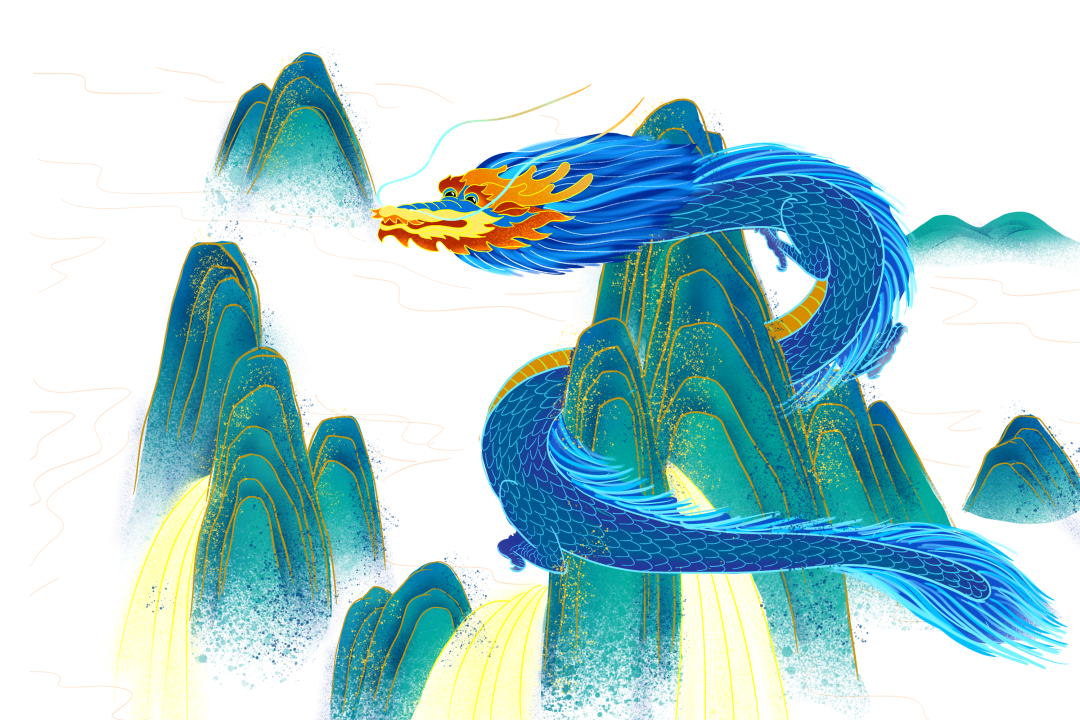
孔夫子观水叹之: “逝者如斯夫, 不舍昼夜。” 这个生命就像川流一样不舍昼夜, 命运的流变与仁德的正观交织融通, 引导你直面天地,你的生命不断觉悟, 开了智慧就体解大道, 不生不灭了。这样的德行理念成为我们中华民族的道统, 中华民族的文化精髓。炎黄子孙为什么将龙作为我们的民族图腾? 龙是腾云驾雾的, 指我们每个人能炼精化气还神, 人也是可以腾云驾雾的,超越物质, 超越有形, 从形而下到形而上, 指这个意思。这才是老祖先给我们子孙最大的财富,我讲到这个地方就有些揭秘的意思了, 但是我觉得我们在座的人都是有智慧的人, 能够体验到。因为我们平时读书很少读到这些学问的。
Having observed the water in a river, Confucius lamented, ‘Everything that departs is like this water, departing ceaselessly day and night.’ Life is like the water of a river, ceaselessly flowing day and night. The flux of changes in life interweave with a proper view born out of benevolence and virtue, directing one to face the world squarely and be constantly enlightened, such that one gains wisdom and realizes the Great Dao to attain birth-lessness and deathlessness. Such a doctrine of virtue and conduct has become the tradition of the path as well as the cultural core of the Chinese people. Why have the descendants of Yan and Huang adopted the dragon as a representation of their people? This is because the dragon rides on clouds. This is to tell us that everyone of us is capable of transforming our essence, energy and spirit such that we are able to ride on clouds as well; that we are able to go beyond that which is physical and has form, and to transcend materiality to that which is metaphysical. That is the significance. This should be the greatest wealth that our ancient forefathers have left us. At this juncture of my talk, there is a sense of the revealing of secrets; but I feel that everyone of you here possesses wisdom and is able to realize what I have been saying. This is because the books we usually read very seldom talk about such knowledge.
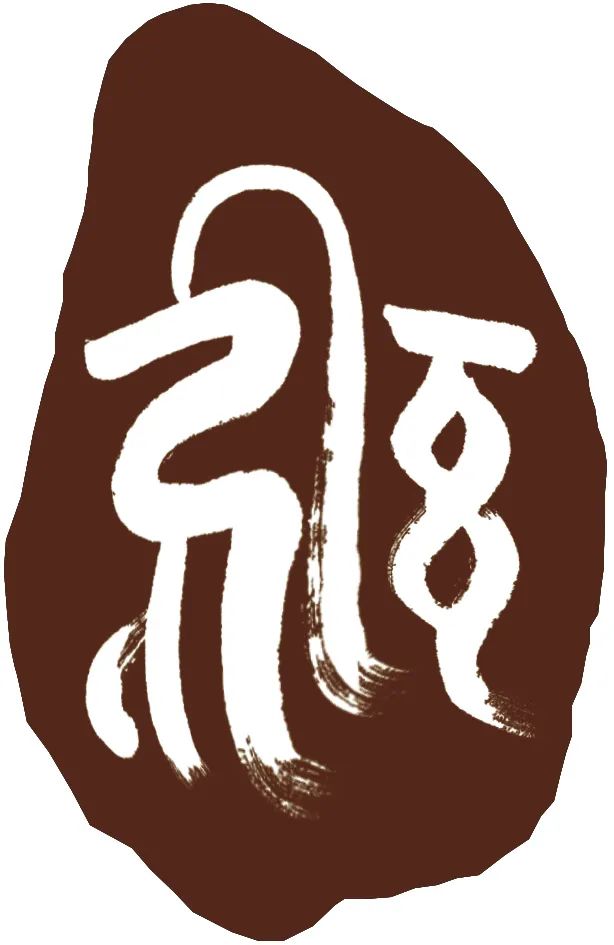

去年, 国教育部下发了红头文件, 学校里要青少年学习经典、 读经典,儒、释、道,经典才会讲到这些。如果你的心灵插上了翅膀, 才真正有机会超越有形, 在没有超越有形之前, 就要对我们的传统有所了解。如果要了解中国传统中的佛教, 应当先了解禅宗, 因为佛教里面最具中国特色的首推禅宗, 禅宗也是中国佛教对外影响最广最深的宗派。禅宗以菩提达摩为初师, 二祖慧可大师, 慧可大师的徒弟是僧璨大师, 僧璨传道信, 道信传弘忍大师, 弘忍大师传六祖慧能大师。六祖慧能大师是一个字都不识的, 现在一千多年过去了, 到现在肉身还在, 我前一段时间刚去拜见过他的肉身。日本鬼子侵略中国的时候, 他们来考证六祖大师是真是假, 拿刀划皮一看, 里面有骨头有什么的, 马上缝上, 磕了头就走。“文革”时六祖真身几经破坏, 有一个师父冒着生命危险, 半夜里把肉身收拾好, 埋藏起来, 才得以保存到今天。
It was during last year that the Chinese educational ministry issued a directive to let teenage students study the classics of Confucianism, Buddhism and Taoism. It is only in the classics of Confucianism, Buddhism and Taoism that what we have mentioned is being taught. It is only when your spirit has been given wings that you are able to really have the opportunity to transcend materiality. However, we need to have some understanding of our traditional heritage prior to this transcendence; and one must first understand Chan lineage if one wishes to understand the tradition of Chinese Buddhism because the Chan lineage possesses the most number of characteristics uniquely Chinese and it is also the lineage which has influenced non-Chinese most widely and profoundly. Chan has Bodhidharma as its first patriarch, the second being Master Hui-Ke, then Master Seng-Can, Master Dao-Xin, and Master Hong-Ren who later passed the transmission to Master Hui-Neng. Master Hui-Neng was an illiterate whose mummyfied body is still around after more than 1,000 years. I have just gone to pay respects to his body recently. When the Japanese came, during their invasion of China, to verify whether the body was really that of master Hui-Neng, they used a knife to make a cut on the body. Upon seeing that there was bone and whatnot underneath the skin, they quickly sewed up the cut, kowtowed and left. The body was almost destroyed during the Cultural Revolution and would not have been preserved until now if not for a master who risked his life to protect it by burying it in the ground in the middle of the night.

一直到1979 年, 十一届三中全会后, 六祖大师才被再次供奉起来。一千三百年过去了, 他的肉身能保存到今天, 科学还做不出合理解释。六祖大师是一个不识字的人, 他父亲在河北当官,结果被贬到广东, 所以他父亲跟他说: 别当官,你好好砍柴。他的儿子就老老实实砍柴。结果听到读书的人读到《金刚经》中 “应无所住而生其心”, 他觉得有道理, 为什么叫“应无所住而生其心”? 你那个心住什么, 你就被什么绑住了。你住女色你就被女色控住了你住烟你就被烟控制住了,你住酒你就被酒控制, 你住手机你就被手机控制。你只要被控制, 你的心灵就已经被关在监狱里了, 你要想你的心灵得到解脱, 就不能够让你的心专注执着于任何东西。多慈悲的一句话, 佛多慈悲! 所以佛教救苦救难。我有时候坐飞机、坐火车, 有的人来跟我聊天, 聊到后来说: 师父! 我长这么大都没听过佛法, 为什么你不好好弘扬? 听了这个话我就到处走, 要把佛法道理告诉大家, 大家懂得这个道理了, 谁不想解脱啊? 谁想做凡人? 凡人是很烦的、凡人是很苦的。
It was not until 1979 during the Third Plenary Session of the 11th Central Committee of the Communist Party that the Sixth Patriarch was to be venerated again. That his body has been preserved for 1,300 years is something the satisfactory explanation of which science is still unable to offer. Hui-Neng was illiterate and his father who had been an official in Hebei prior to his subsequent relegation to Guangdong, had told him, ‘Never become an official, just be a woodcutter’; which he honestly did. In the end, he had overheard a scholar recite ‘in nothing should one’s mind abide’ from the Diamond Sutra and found it to be very meaningful. Do you know what is meant by ‘in nothing should one’s mind abide’? You are bound by whatever it is that your mind abides in. Pleasures of the flesh will control you once you abide your mind in them; so it is with smoking, alcohol, and your phone. Your spirit will be imprisoned once you have been controlled by something. You have to not let your mind be attached to anything if you wish your spirit to be free. How full of compassion is that a sentence, and how compassionate is the Buddha! That is why the Buddha helps us when we are suffering or when we are in trouble. Oftentimes when people come up to talk to me when I take the plane or the train, they would tell me at the end, ‘Master, I have not heard the Dharma before this, why do you not want to spread it more widely?’ Upon hearing this, I would wander around, hoping to speak on the Dharma to everyone so that everyone can know the truth. Is there anyone who does not want to seek deliverance? Is there anyone who wants to be a mere mortal? There is a lot of stress to being a mere mortal for it is full of suffering.

要想提升自己心性, 要提起正念, 这是一个刻苦的过程。自己要有这样一个决心, 要做男子汉大丈夫, 要转凡成圣, 但是这条路不是那么容易走的。我们还是要多念念佛, 有时候心里默念, 别人有时候还不理解, 自己还会不好意思。心里默念, 你的烦恼会减低。你的冤亲债主要讨你的命的, 你过去杀生吃肉, 你过去害了别人的业气, 他要讨命的, 冤家围在你身边, 你虽然眼看不到, 但他要你死, 他要报仇的。你只有好好学佛, 有时候才能转掉那种冤气, 叫遇难呈祥, 逢凶化吉。没有正念,你想转化命运很难的。
It is a process full of hardship when we try to elevate the nature of our mind and invoke right mindfulness. We need to resolve to be a real and great person, to transform from mundaneness into the sagely. However, it is not a path on which one can easily tread. It is still better for us to be mindful of the Buddha. We can chant to ourselves silently, something some people cannot understand sometimes and of which we would feel embarrassed. Your mental afflictions will be fewer when you chant silently. You will have karmic debtors who will be asking for your life as you have killed and eaten meat in the past and have caused harm to others. You will not be able to notice them but they are all around you, desiring your life in revenge. Through diligent Buddhist practice, you are able to sometimes expunge this malevolent energy. This is known as the display of auspiciousness during times of trouble and the transformation of misfortune into propitiousness. Without right mindfulness, it is extremely difficult for one’s destiny to be transformed.






敬佛 为佛


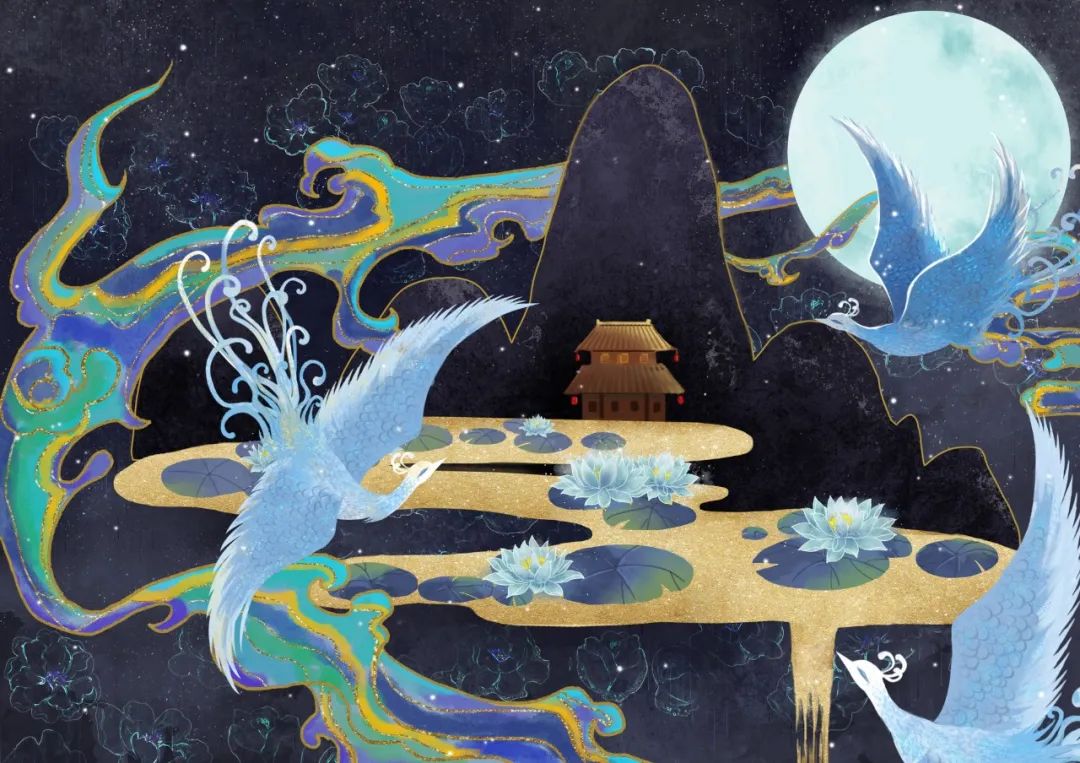
所以六祖慧能听了这句话之后, 就问这说法是从哪里来的? 别人告诉他说: 弘忍大师在湖北黄梅传法, 你悟性这么高, 应当去学。他真的不畏困难去求法, 见到弘忍大师后, 大师问他:“你哪儿来的? ” 六祖慧能答:“我广东来的。” 弘忍大师又问:“广东南蛮子你到这儿干嘛?” 六祖慧能说:“我愿意来成佛。” 弘忍大师道:“南蛮子还想成佛!”慧能大师怎么回答? 他说人人皆有佛性, 佛性不分南北。识字的人有佛性, 不识字的人也有佛性。这个师父一听, 这话有很高的见识,就让慧能留下来干活去。干活是去干嘛?
So it was that the Sixth Patriarch asked around for the origin of that line after he had heard it. He was told, ‘Great Master Hong-Ren is transmitting the Dharma in Huangmei, Hubei; you should go there and learn from him since you possess such great mental capacity.’ Not being daunted by what lay ahead, he went in search of the Dharma. Upon seeing him, Master Hong-Ren asked, ‘Where have you come from?’ ‘From Guangdong,’ the Sixth Patriarch replied. Master Hong-Ren asked further, ‘Why have you, the barbarian from the South come here?’ The Sixth Patriarch said, ‘I am here to become a Buddha.’ Master Hong-Ren said, ‘A barbarian wishing to become a Buddha?’ How did Master Hui-Neng respond? He said that everyone possesses Buddha-nature, and that there is neither ‘south’ no ‘north’ to Buddha-nature; that those who are illiterate possess Buddha-nature, just like those who are literate. Upon hearing this, Master Hong-Ren felt that it came from someone with profound understanding. As such, he allowed Hui-Neng to stay and perform chores. What chores had Hui-Neng been assigned?
到佛门考验很厉害的, 干最重的活——舂米, 过去舂米又没有电动的, 就用脚踩着像翘板式的。慧能大师长在广东, 身形矮小, 个子不高, 身体很轻, 家里又很穷。他打柴过活, 能有什么钱? 爸爸早就死了, 自己打柴赡养妈妈的。结果身形矮小, 连踩那个东西都踩不动, 没有人逼他, 但为了要完成任务, 他在身上绑了块大石头。到后来, 五祖就告诉全寺庙一千多个出家人, 你们谁开悟了, 开智慧了, 就告诉我, 我就把达摩祖师传下来的佛的衣钵传给你, 做本门的传承人。结果寺庙里一千多人大家都商量, 我们都别做了, 神秀师父是弘忍大师门下的首座, 常为我们讲经, 就让他做。结果神秀想, 这怎么办呢? 我要不做大家都不做, 我要做了, 就好像为了夺祖师位一样的。他不好意思, 来来去去在走廊里走了三天, 三个晚上都不好意思去,最后才在走廊里一片空墙上面写了四句诗。我们在座的也许听过这四句:“身是菩提树, 心如明镜台。时时勤拂拭, 莫使惹尘埃。”
It is very arduous when one is being tested during initiation into Buddhist practice as one will be assigned the most laborious task – rice milling. As there was no electricity in the past, rice milling had to be done by the feet. Master Hui-Neng who grew up in Guangdong in extreme poverty, was short and did not weigh much. He did not have much money as he worked as a woodcutter to support his mother when his father had died very early in life. The mill did not move when he stepped on it as he was too small. In order to do what he had been instructed to do and without anyone to force him, he tied a big rock to himself. When the Fifth Patriarch subsequently asked for who was it among the more than a thousand monks in the monastery who had realized enlightenment and attained wisdom so that he could pass the transmission from Bodhidharma to him, everyone agreed on Master Shen-Xiu after they had discussed among themselves since he was Master Hong-Ren’s top student and had taught on the Dharma frequently. To this, Master Shen-Xiu thought, ‘What am I to do? There is nobody else to do it if I do not do it; but if I do it, does it not seem like I am trying to seize the seat of the patriarch?’ Feeling awkward, he lingered along the corridor for three days and nights, at the end of which he wrote a four-line verse on the blank wall. Some of you seated here might have heard of this verse:
The body is the Bodhi tree,
The mind like the stand of a bright mirror.
At all times we must sweep it diligently,
And not let dust collect.
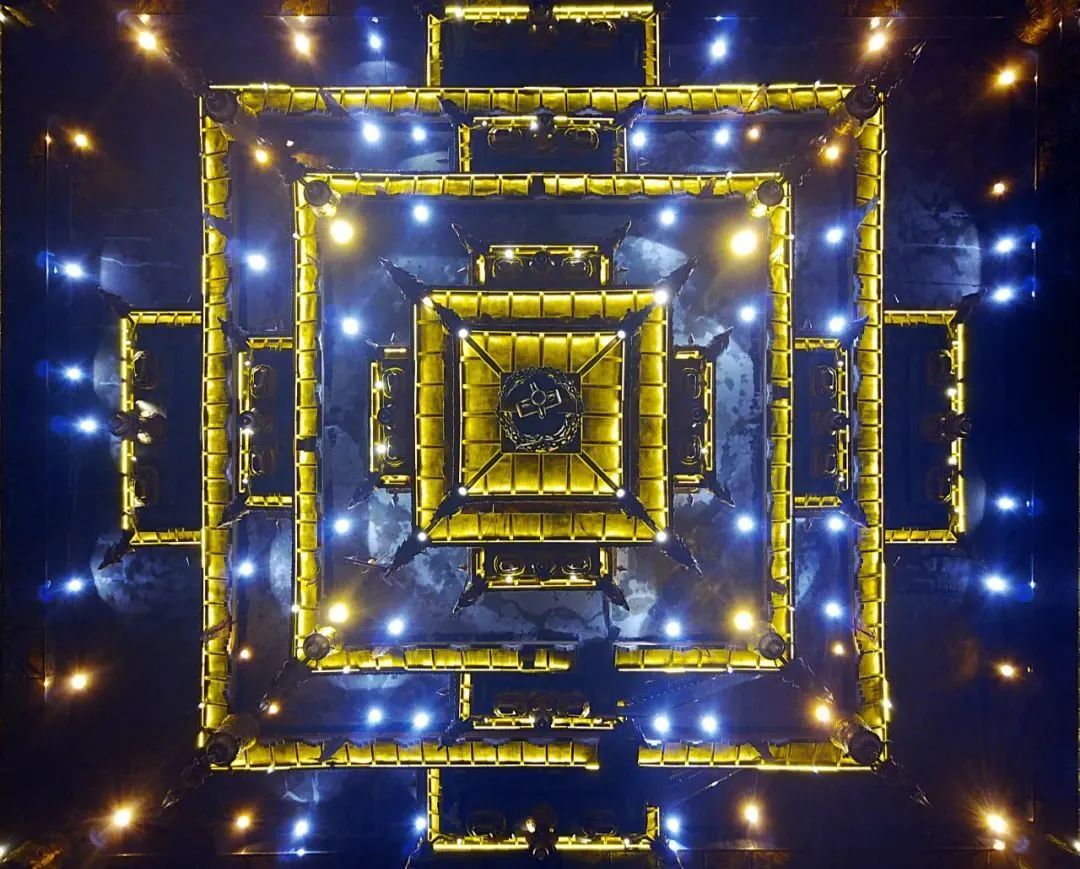
身体像菩提树一样, 你的心就像镜子一样, 不要让它沾染了尘埃。大家第二天一看, 写的这四句真好, 大家都在念。祖师五祖来一看, 不错, 大家念了不会下地狱、不会堕落了, 能做个好人。
The body is like a Bodhi tree and your mind is like a mirror. Do not let it collect dust. On the second day, everyone praised the verse after seeing it and it was on everybody’s lips. When the Fifth Patriarch saw it, he said it was not bad and told everyone that this will help them avoid descent into hell, prevent their downfall and make them better persons.
但是他又把神秀大师约到方丈室里跟他说: 你这首诗还没有达到最究竟的智慧, 我衣钵不能给你。虽然这样, 但这四句话很重要。六 祖大师一个字不识的, 他说了四句, 请人帮忙写在墙上:“菩提本无树,明镜亦非台。本来无一物, 何处惹尘埃。” 这四句诗, 依据每个人的感悟, 会有不同层次的理解。后来, 六祖慧能得到了衣钵。但是神秀大师的这四句还是很重要的, 告诉人们修行应当渐悟, 我们做凡人要按照这个修的。
However, he had summoned Shen-Xiu afterward to the abbot’s room and told him, ‘As you have not proven yourself to have attained ultimate wisdom with your verse, I am not able to pass the transmission to you. Despite this, your verse carries much weight.’ Being absolutely illiterate, the Sixth Patriarch had uttered four lines as well and he requested for someone to write them on the wall:
There is no tree to the Bodhi,
Neither is the mirror a stand.
There is nothing to begin with,
What is there that collects dust?
This verse will be understood differently by people with different mental capacities and depths of perception. In the end, the Sixth Patriarch Hui-Neng received the transmission. However, Master Shen-Xiu’s verse is still very important for it tells us the need to be gradually enlightened during practice. As ordinary worldlings, we need to practice according to this.
我刚刚去过广东, 六祖大师剃下的头发, 安放在一座塔里, 一千多年过去了, 我向那个塔的方向走的时候身上都发热, 这就是所谓正能量。当时印度有一位高僧来到广东, 栽下了一棵菩提树。这棵菩提树是从印度带到中国的, 他栽的时候立了一块石碑, 刻下字说:我这棵菩提树, 170年之后有一位肉身菩萨在这棵菩提树下剃头出家, 这个人会弘扬大乘佛法, 利益无量人天。佛教是很神奇的, 他做出预言, 知道170年后会发生什么, 这就是佛门的神奇, 都是修出来的。禅宗传下来一部经书叫《六祖坛经》, 也是唯一一部中国人写的佛教经书,这部经书极具中国特色。
I have just been to Guangdong and visited the tower in which is enshrined the hair of the Sixth Patriarch. Although it has been more than a thousand years, I felt my body getting warm as I made my way towards the tower. This must be what is known as positive energy. There was once a renowned Indian master who came to Guangdong and planted a Bodhi tree he had brought from India there. He had also erected a stone when he planted the tree. Carved on the stone was the prediction that 170 years later, there would be a flesh-body bodhisattva who would conduct his renunciation ceremony under that Bodhi tree, and who would later go on to spread Mahayana Buddhism to benefit countless myriad beings. Buddhism is profound. It is a miracle that he knew and should be able to predict what would happen 170 years later. This is all the result of practice. The Platform Sutra of the Sixth Patriarch that is being transmitted in the Chan lineage is the only Buddhist sutra written by a Chinese. This sutra is full of characteristics uniquely Chinese.
【未完待续】
Cooming soon...



义工招募
Volunteer Recruitment


什么!?
慧日国际佛学平台招募义工,
还不赶快报名!
我们用心选择图文,陪伴读者走过漫漫时光,如果您也怀揣信仰,擅长英语、法语、德语、意大利语、西班牙语、葡萄牙语、俄语、韩语、日语、瑞典、挪威语、荷兰语、泰国语等语种翻译,文字编辑,和图文海报设计,那就别犹豫啦,随喜转发~!
邮箱:
Huiriguoji_recruit@qq.com

【慧日国际佛学微信平台】
Find Me | 扫码就能找到我




